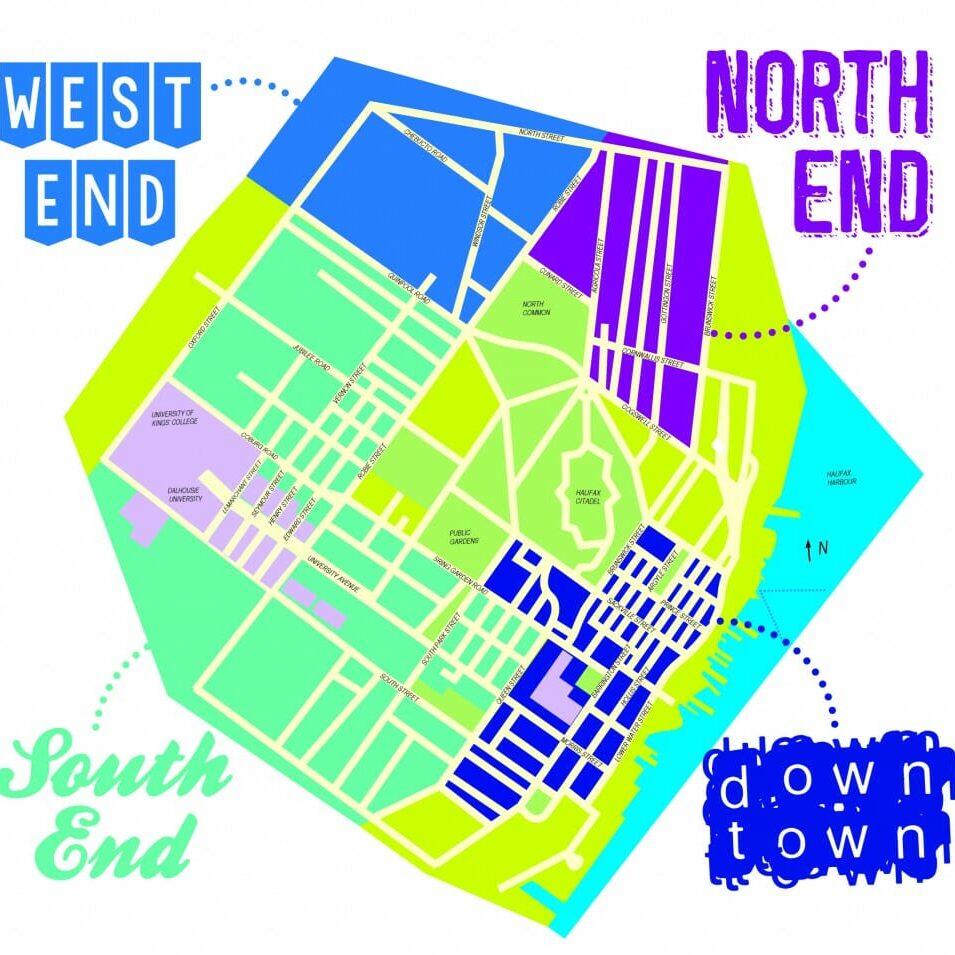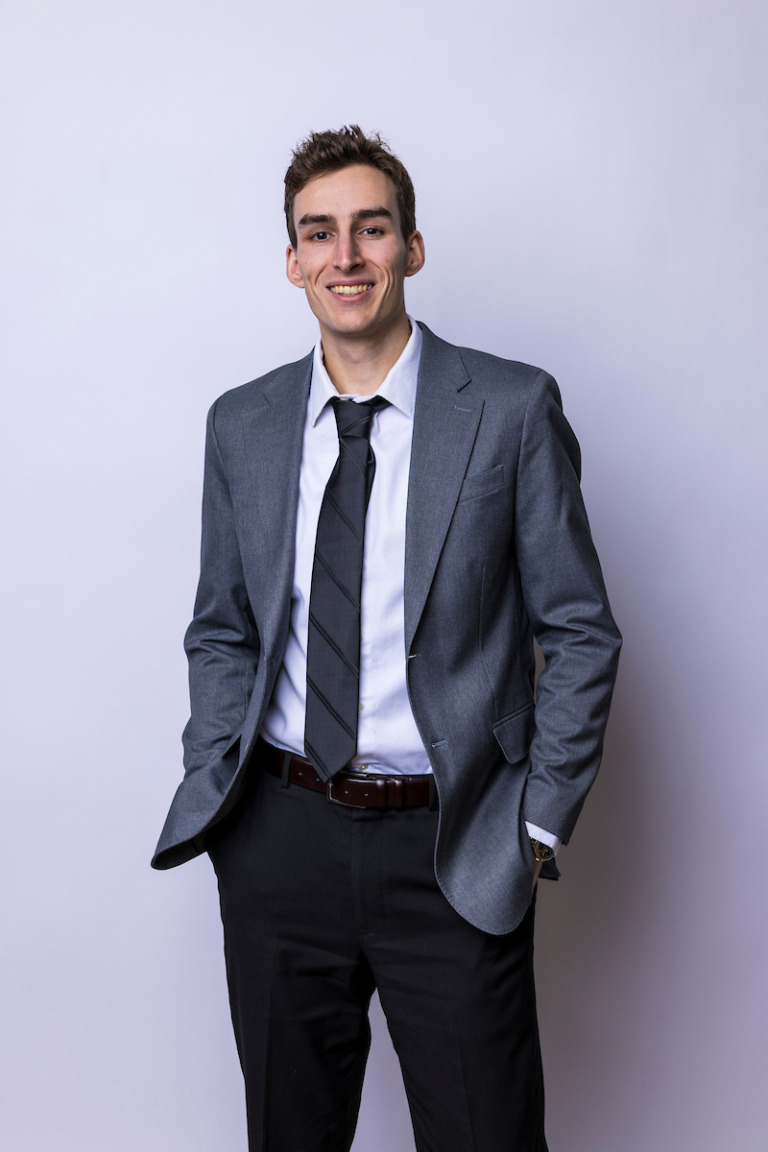
Race relations
Advantages and disadvantages of being racially ambiguous
At some point, in every relationship I’ve fostered – whether platonic or romantic – I’ve had to have “the talk.”
No silly, not that talk. This one usually begins with a quizzical look, a slight tilt of the head and a question I’ve grown to hate.
“So, what are you?”
No, no, I know you’re Canadian, but where are you from? No. Where were you born? Okay, no, what is your heritage? I’ll translate what these questions mean: why are you brown?
For the record, because I know you’re wondering at this point, I am half-Chinese from my father and a delicate blend of English and German from my mother. This glorious mixture created a dark-haired, round-faced Chinese lady who is actually pretty tall and lacks a monolid.
And boy oh boy, this confuses people.
Being a visible minority does hold its little perks. The first and most advantageous being the insatiable need for workplace diversity. Checking the little “East Asian” box on scholarship or job forms was an extra boost of confidence when applying to notoriously white institutions.
Even as a kid it was fun to be one of the few special ones who could add diversity to the classroom. It gave me my edge.
Unfortunately, once I reached an appropriate age to fulfill my civil duty by entering the workforce, this edge began to dull.
Slowly, conversations about my racial ambiguity started to bleed into borderline or completely inappropriate interactions in the workplace.
Racism, even if it is not always overt, is very much alive in this province. It can manifest itself in many forms. From microaggressions to blatant discrimination, Nova Scotia isn’t always as progressive as some sub-cultures of Halifax may suggest.
Personally, racism would manifest itself though microaggressions and strikingly ignorant comments about my skin tone. Here are some (personal) favourites collected over the years:
“You are brown…why?”
“You Phillipino?” It should be noted this man (a stranger) walked right up to me and asked me this in an almost accusatory tone without even a “hello.”
“You’re Chinese? You guys make great cars.”
Also there was the time someone screamed “chink” at me.
All of these comments happened to occur while I was working, each one from a different summer job.
Working while brown puts you at an immediate disadvantage when working with the public. People become more entitled to say what they want when they want to you about your race.
University was a vacation from these attitudes especially since enrolling at the liberal-est of the most liberally liberal arts schools. With graduation creeping up, it’s time to face that ignorance once again. And try to get a job with it, too.






